After the long-awaited release and subsequent underperformance of Dragon Age: The Veilguard, developer BioWare is now looking towards the next game in the Mass Effect series, the prospective Mass Effect 5. Unfortunately for BioWare, a string of disappointing or underperforming titles, starting with Mass Effect: Andromeda in 2017, followed by the particularly disastrous Anthem, and then, most recently, Veilguard, has left fans with some doubts regarding the studio's capabilities in developing another Mass Effect game that can live up to the best of what the series has to offer.
While there have been promising updates for Mass Effect, the development troubles of the studio's last few games don't inspire much confidence. Anthem, released in 2019, came as part of an industry-wide push for live-service games, a format which BioWare, a developer of mainly single-player RPGs, was not well-suited for. And while Anthem didn't fail quite as badly as 2024's Concord, it was still a disastrous release for the studio. Similarly, Veilguard also suffered from that same live-service push, which was hugely responsible for the game's troubled development, and contributed heavily to the issues in the game's full release.
The Next Mass Effect Can Learn From Veilguard's Mistakes
Veilguard's Troubled Development Is A Mistake BioWare Can't Repeat
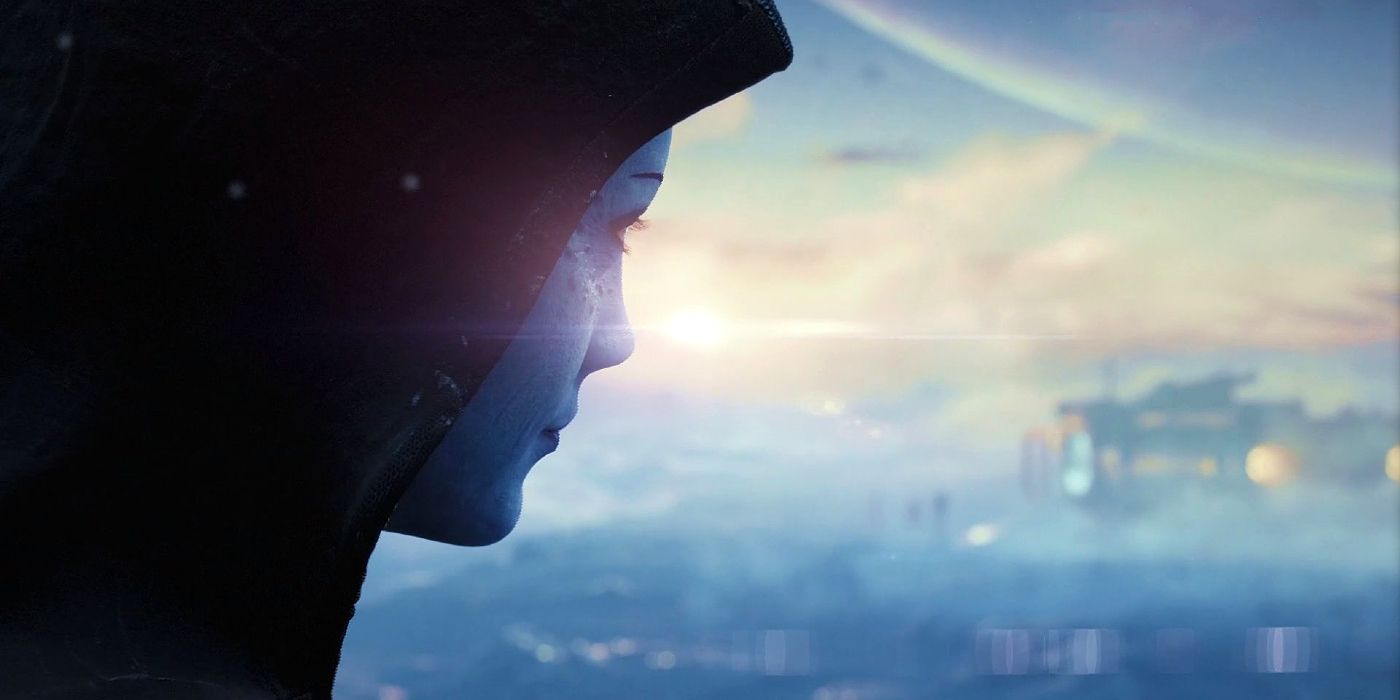
While there are plenty of reasons to doubt BioWare's capabilities at this point, the next Mass Effect game at least has one advantage compared to Dragon Age: The Veilguard - it's (presumably) not going to face the same kind of development issues. Despite having been in development in one form or another since 2015, Veilguard, or Dreadwolf, as it was titled before being renamed, infamously had its original concept scrapped in favor of an attempt to turn it into a live-service title before pivoting back to being a single-player RPG, eventually resulting in Dragon Age: The Veilguard.
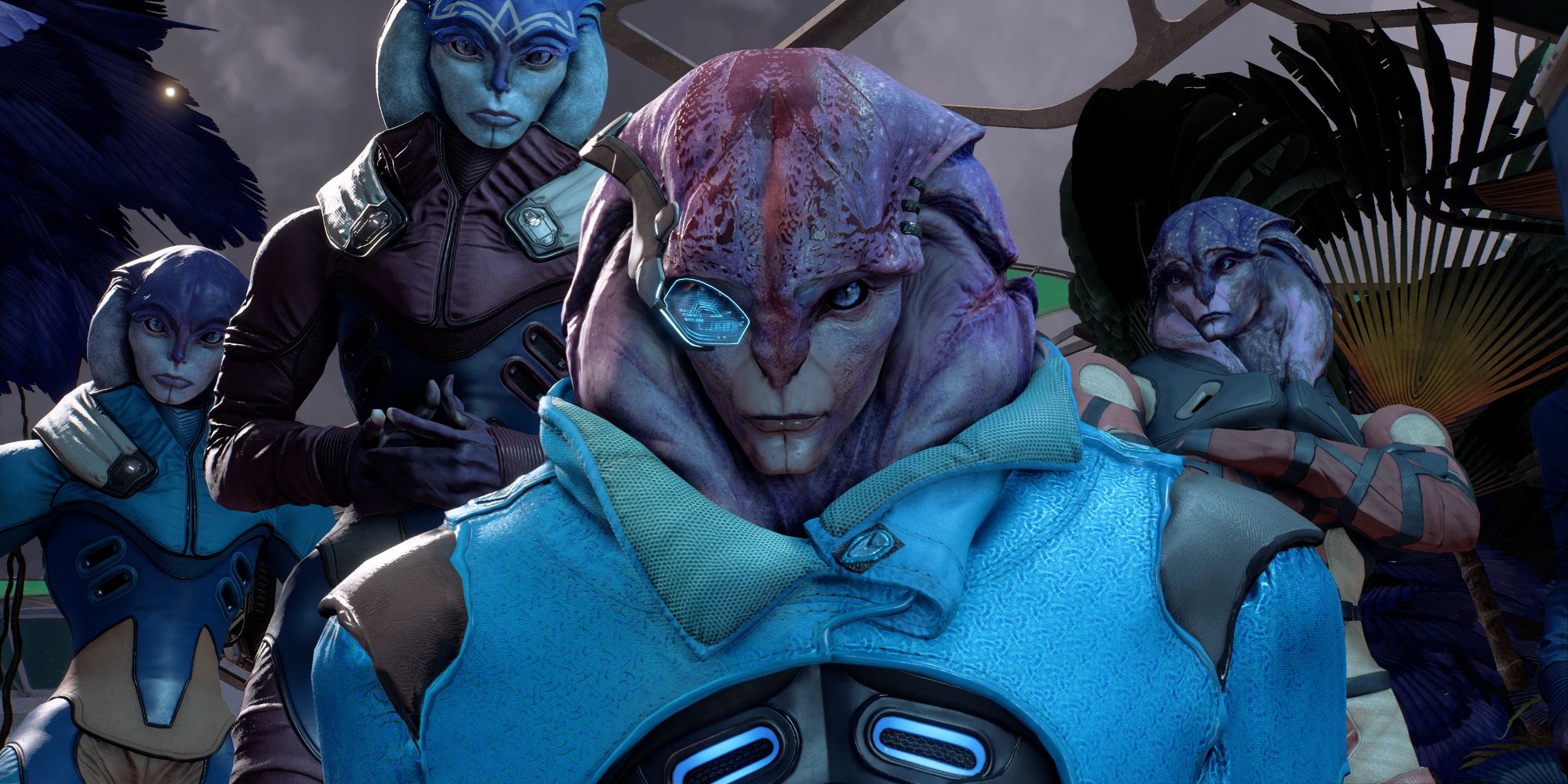
Related
10 Plot Holes Mass Effect 5 Has To Resolve
There are a lot of plot holes that Mass Effect 5 needs to resolve which have yet to be answered by the mainline games or Bioware itself.
While it's impossible to know how any past version of Dragon Age: The Veilguard might have been received, the game's troubled development did undoubtedly contribute to both the long wait and the game's overall quality, which in turn contributed to its underperformance. Live-service games, meanwhile, have continued to fail, not just for BioWare, but on an industry-wide scale, with catastrophic launches like Suicide Squad and Concord, the cancelation of several in-development live-service titles by Sony, and the decline of even old mainstays like Destiny 2.
BioWare's Development Practices Need To Improve
Even Without A Live-Service Push, BioWare's Development Practices Are Questionable
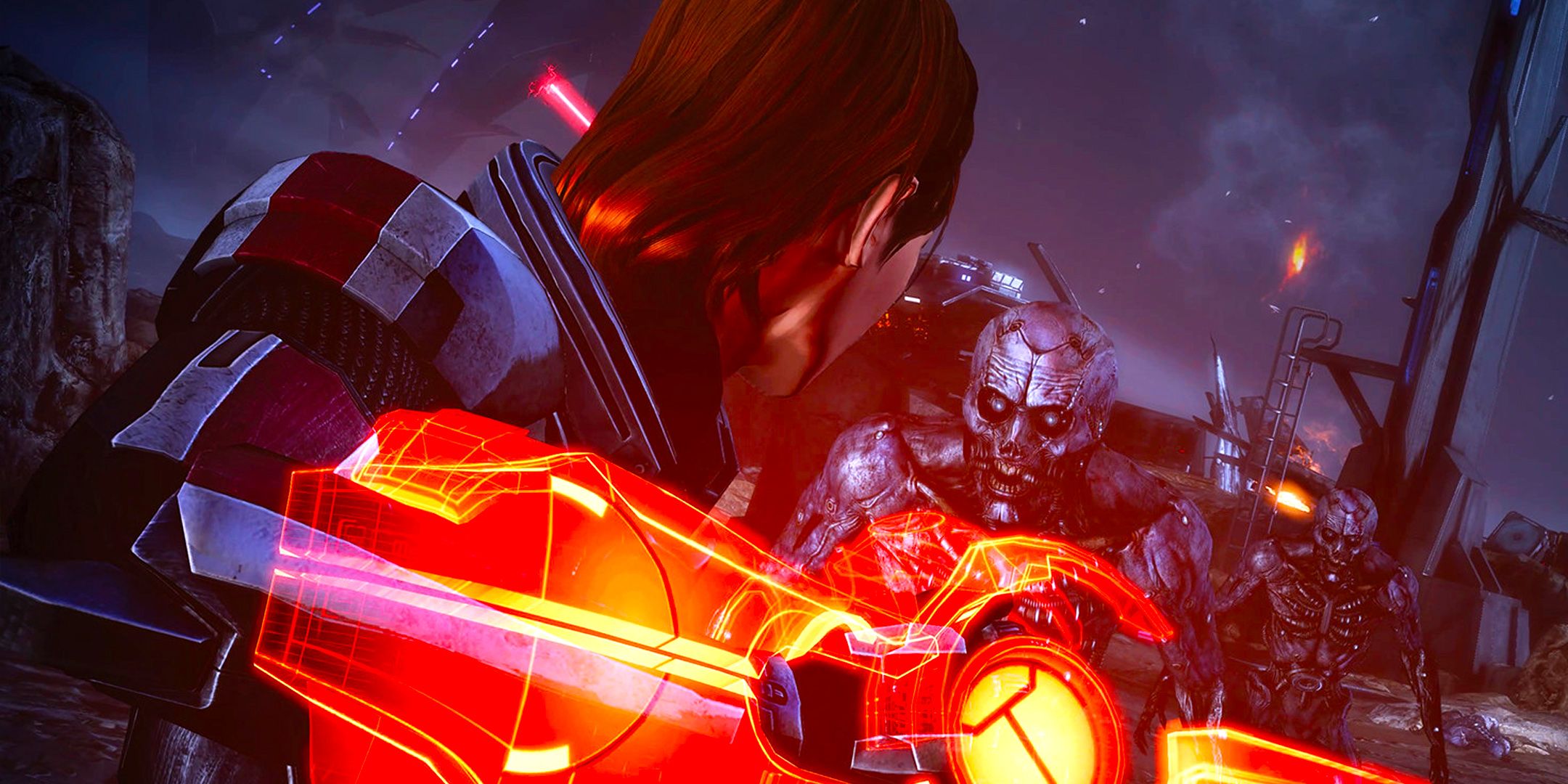
The silver lining for Mass Effect is that there shouldn't be a live-service trend for it to try to chase, so the game shouldn't be in danger of facing many of the same problems that Veilguard did, but that unfortunately doesn't mean that BioWare's development process isn't in question. As detailed by Jason Schreier for Kotaku, in a postmortem on Anthem, BioWare games have a history of troubled development, with the studio relying heavily on crunch and "BioWare magic" - the belief that the studio's games would always come together in the end, in spite of any issues.
Even before Veilguard, many of BioWare's veteran developers had already left the studio, including David Gaider and Casey Hudson, the respective creators of Dragon Age and Mass Effect, so it's hard to say whether the current BioWare still has the same issues or has inherited the same development practices. After the failures of Andromeda, Anthem, and Veilguard, however, it's clear that the studio's next game can't afford to repeat the same mistakes.
Mass Effect Still Has Plenty Of Obstacles To Overcome
It Will Be Hard For Mass Effect 5 To Please Fans Of The Series
Of course, while BioWare at least benefits from the supposed end of the live-service push, making a new, modern Mass Effect game is still a monumental task with a number of obstacles to overcome. Despite teasing the game for many years already, BioWare's most recent update has stated that the game is still at an early stage in production, where it doesn't "require the support of a full studio", meaning that it's still at least a few years away from a potential release, likely longer.
The next Mass Effect game was officially revealed with a short teaser in 2020, and received another short clip in 2023, but BioWare's most recent statement points towards the game still being in the pre-production stages of development.
Outside of potential development problems, the next Mass Effect also has to follow up on the infamously controversial ending of Mass Effect 3 and the entirety of Andromeda, two things that, for many of the studio's fans, were the start of a downward trend that hasn't yet ended. Creating a game that can satisfyingly "redeem" the series, while accounting for four previous games' worth of story and player choice, might be more than BioWare can really handle.
As of right now, Mass Effect 5 is still far from release, but the game's launch is likely going to be a make-or-break moment for BioWare. After a string of failures, from mediocre performances to full-on disasters, confidence in the studio is at an all-time low, and although BioWare is pulling back some veteran developers for the next Mass Effect, there's still no guarantee that it can recapture what fans loved about the original games.
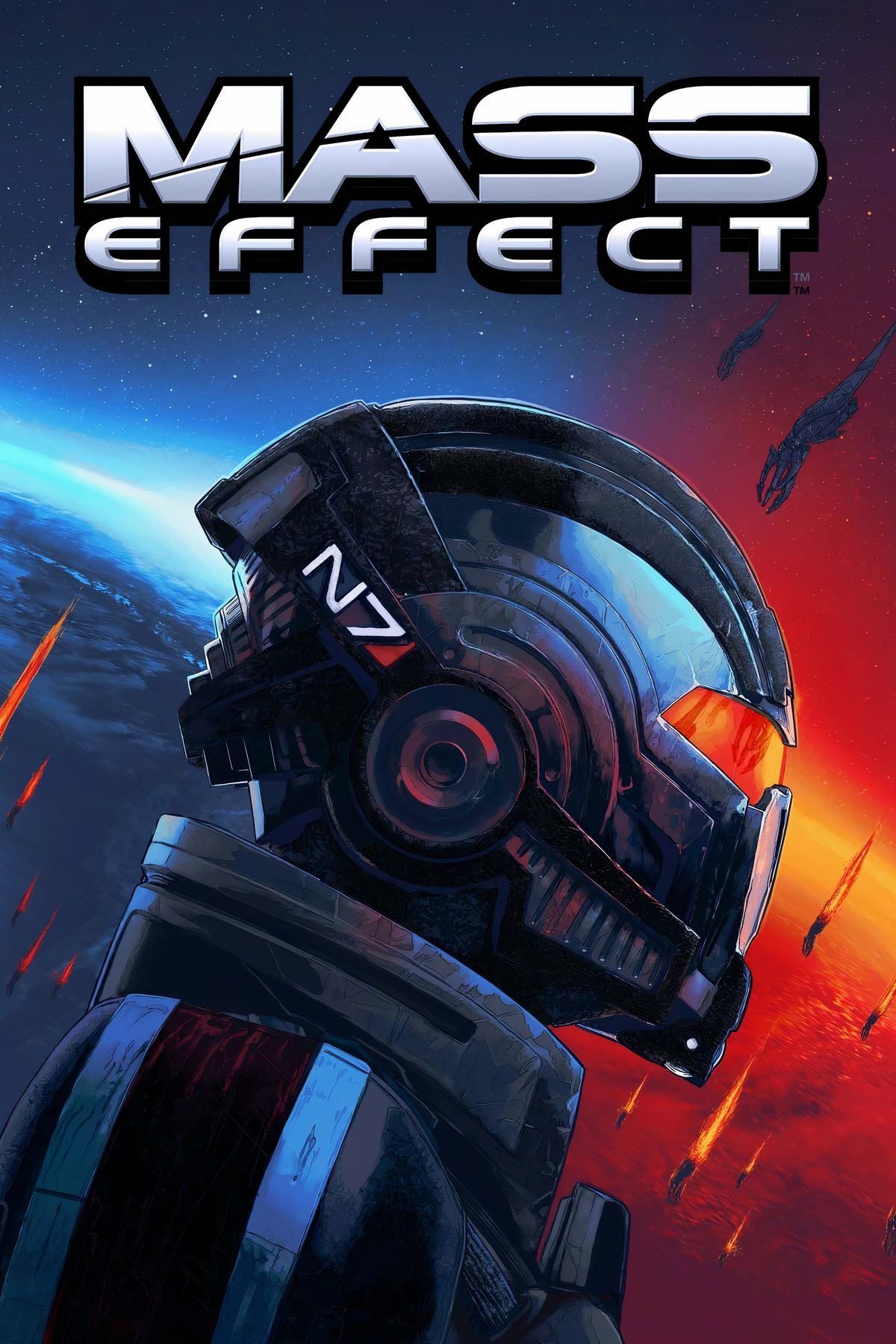
Mass Effect Trilogy
Action RPG
Third-Person Shooter
Released November 6, 2012
ESRB t
Developer(s) BioWare
Publisher(s) Microsoft
Genres


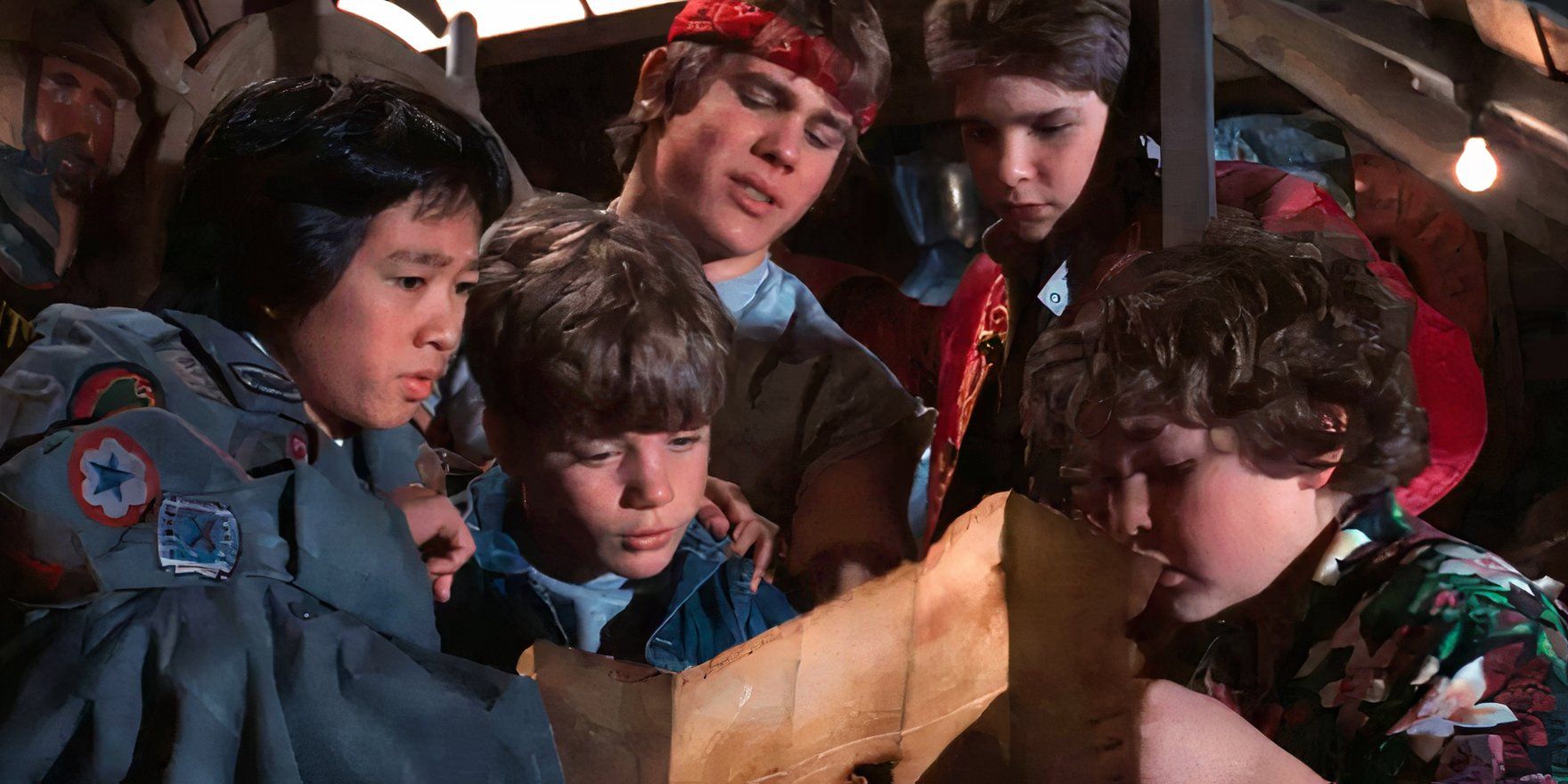






 English (US) ·
English (US) ·